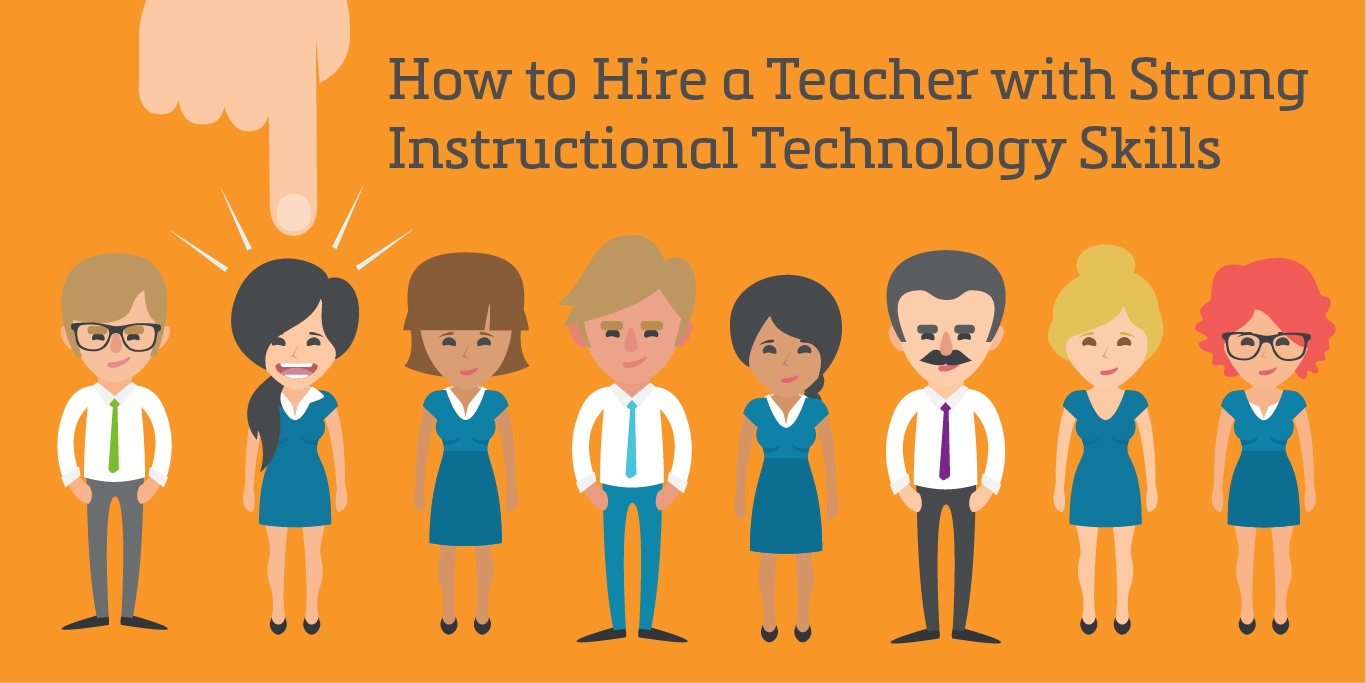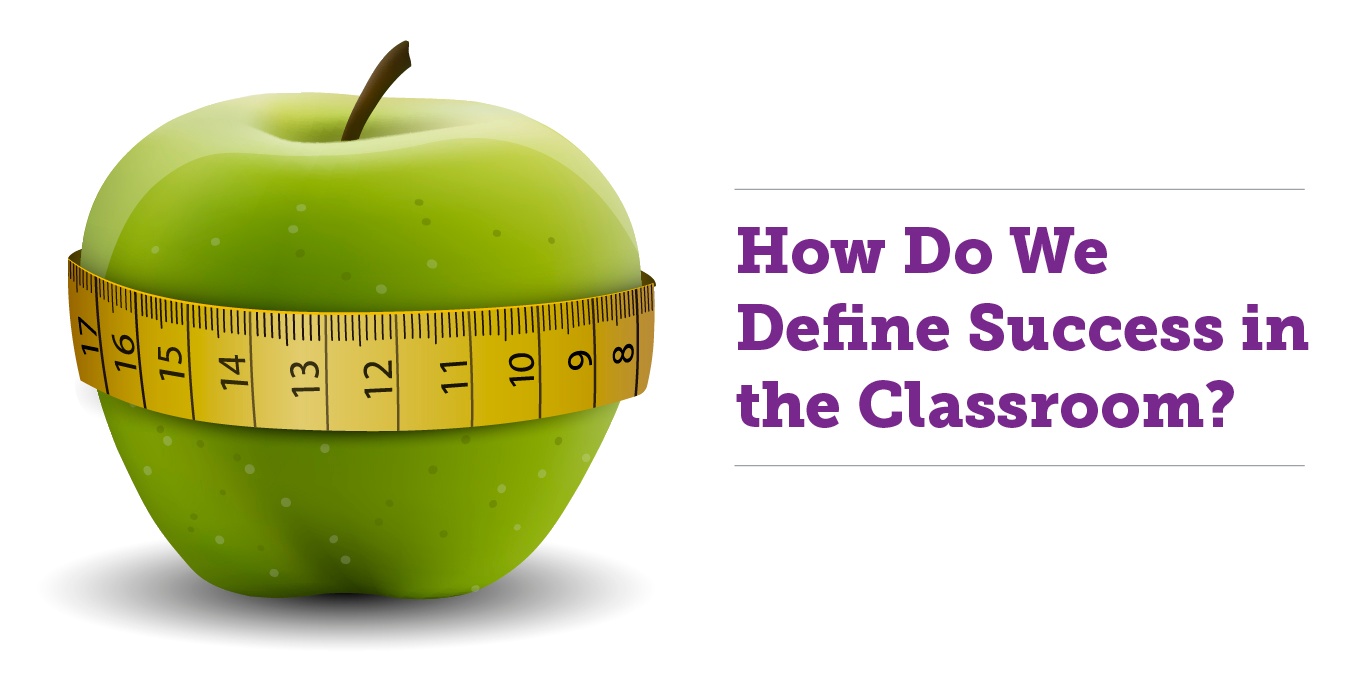Kelly Bielefeld
Kelly Bielefeld, Assistant Superintendent, Clearwater School District & Adjunct Professor at Friends University, Kansas
Kelly Bielefeld is currently the Assistant Superintendent of Curriculum and Instruction in Clearwater, Kansas and an adjunct professor at Friends University in Wichita, Kansas. Prior to this, he spent 13 years as an elementary and middle school principal. He holds a Bachelor’s degree in Secondary Education from Kansas State University, as well as a Master’s degree in Educational Leadership & Administration from Wichita State University. As a principal, he has worked in rural, urban, and suburban schools, along with having experience in both parochial and public school settings.
We are now at the time of the year when teachers are retiring or relocating to other schools. Administrators are looking to hire new teachers who will help take their schools to the next level in all aspects of education—especially in the area of technology.
What are some ways that principals can bring in educators who will be leaders in the area of technology? There are the basic ways to find out more about candidates, such as reference checks, resumes, applications, and cover letters. However, the traditional methods of exploring great candidates aren’t always enough to help find the right person. What are some other methods of discovering a candidate’s technical expertise and potential? Here are some ideas:
Read More
Topics:
Classroom Technology,
Education Technology,
Technical Challenges,
education industry
Looking at What Really Matters
If we truly value something, we measure it. This statement should be true, but too often in schools, it is not. Think about the things that we measure: state test scores, perfect attendance, grades, office referrals—the list goes on. It isn’t that these things aren’t important, it’s that they probably aren’t the most important.
Read More
The end of the school year can be tough. These weeks are often less productive than any other time of the school year—but it doesn’t need to be. Part of having a great end to the year is mindset.
Read More
Now that we are 17 years into the 21st century, it is interesting to note that thus far, our 21st century learning skills are still very relevant. When looking through the four elements of the Framework for 21st Century Learning, we see the skills listed that our students continue to need through the first two decades of our century.
Within the first element, civic literacy is an area that many schools continue to need resources for. From kindergarten to high school, it is critical for students to have exposure to the role we play as citizens in the various governmental structures. There are some resources listed on the framework page, but what could a school do to move toward real-world, application-level learning for civics and citizenship?
Read More
Topics:
Lessons,
tips for teachers,
Civics,
Social Studies
As some students head into the summer months, it means a long break from school. This isn’t necessarily a good thing for students because their skills can weaken over the summer. Inevitably, as students return in the fall, there are a few weeks spent catching up on dull or forgotten skills.
One way to counteract this is to give the students something to do over the summer break. Writing skills are some of the easiest to lose if we don’t use them on a regular basis. Students will typically read a little bit here or there, but they won’t necessarily pick up a pencil all summer.
Read More
One of the best parts of the Google platform is that it is constantly improving and changing. I guess that is probably an opinion statement, as sometimes these changes can be frustrating—for example, when buttons move or formatting options come and go. This can be a headache, but overall, I feel the Google Suite options are much more robust than they were when I first started using them six year ago.
For me, the really amazing part is that Google actually takes feedback, listens to it, and acts on it to improve the product. Not that novel of an idea, I know, but the speed at which they can move in doing so sets them apart from others in the tech world. I’m not a Google salesperson—it does have its limitations and faults—but as a lifelong learner, I love the challenge of always having to keep up to date on the latest format.
Read More
Topics:
google docs,
Google Classroom,
tips for teachers
If keyboarding is an important skill for students to learn and master—and many would say that it is—what are some good tools to help students learn this skill? Like many online options, there are free versions that can work for different circumstances. Sometimes free versions have limits, and paying a little bit for one of the programs is well worth the money. But other times, especially when students are first learning keyboarding, free versions are just fine.
Read More
Topics:
Education Technology,
curriculum,
tips for teachers
Teacher appreciation week rolls around at a perfect time every school year. May is typically full of fun and craziness, so teachers deserve appreciation this month more than any other time of the year—although they really need to be appreciated year round!
It can be hard to find something that tells a teacher how much they mean to you. By the end of the school year, strong bonds and relationships have been formed in the classroom, so it is important to show gratitude. And another apple for the teacher’s desk just doesn’t cut it!
Read More
Topics:
tips for teachers
What is the role of keyboarding instruction in the classroom—especially the elementary classroom? Over the past few years, as one-to-one devices become more widespread and accessible to students at younger grade levels, this question has become more and more pertinent. I know our own school has struggled with student keyboarding skills over the past few years.
Three main issues we grapple with as educators.
Read More
Topics:
Classroom Technology,
curriculum,
21st Century Skills,
tips for teachers
Our country has changed a lot in the past year. I think most educators didn’t expect the 2017 we now have. We didn’t expect the current education secretary that we have, the president we have, or even some of the other federal changes that we now have. Some of the immigration and refugee policies of 2017 have impacted our schools, along with a shift in direction from the federal government about transgender bathroom policies.
Read More
Topics:
Classroom Collaboration,
collaborative learning,
tips fpr teachers












